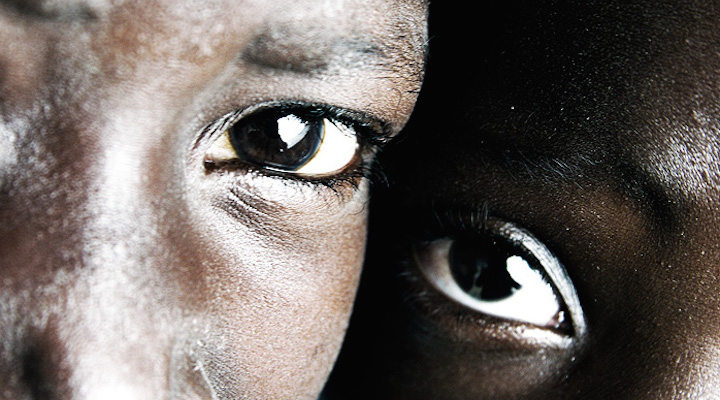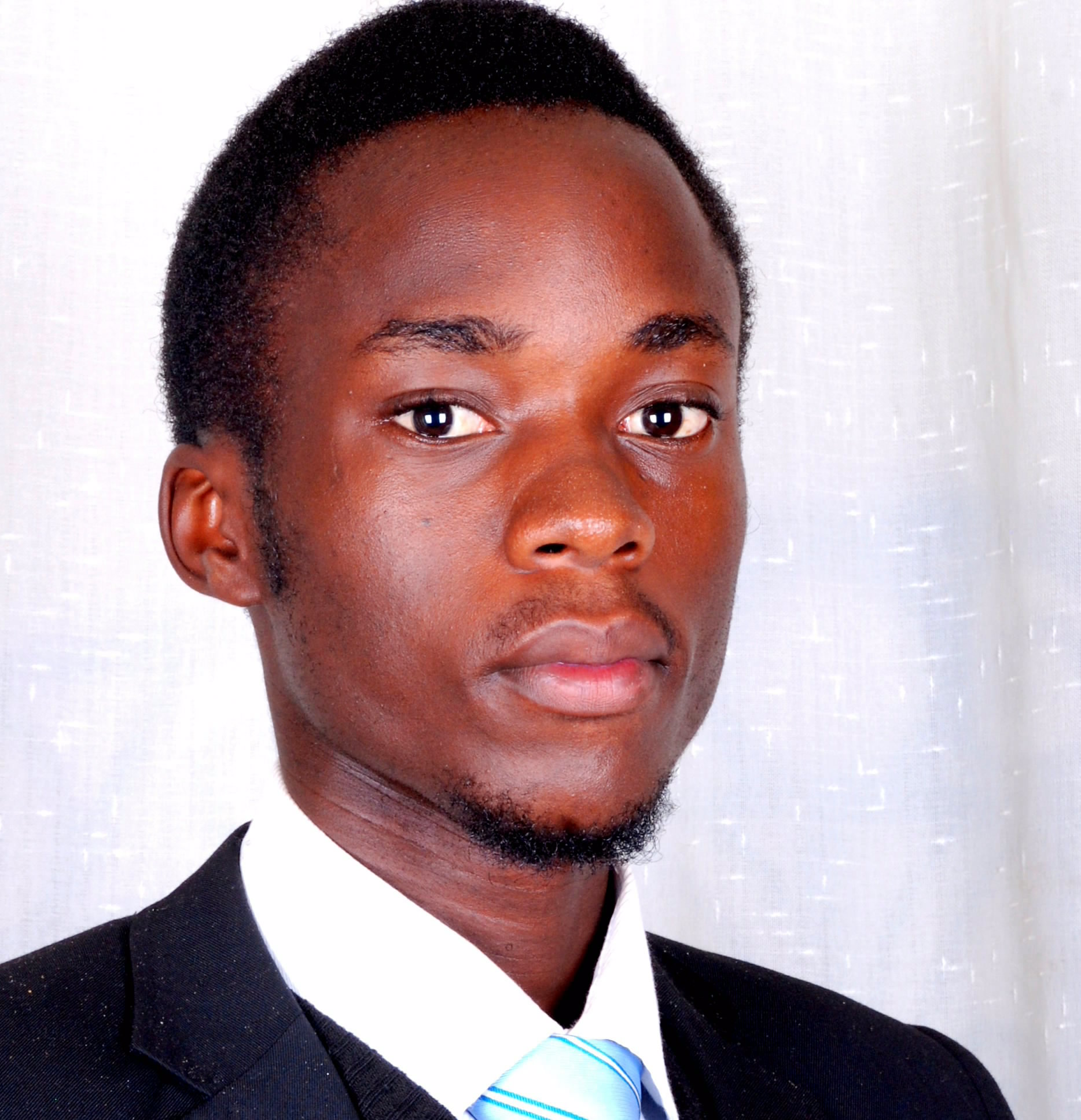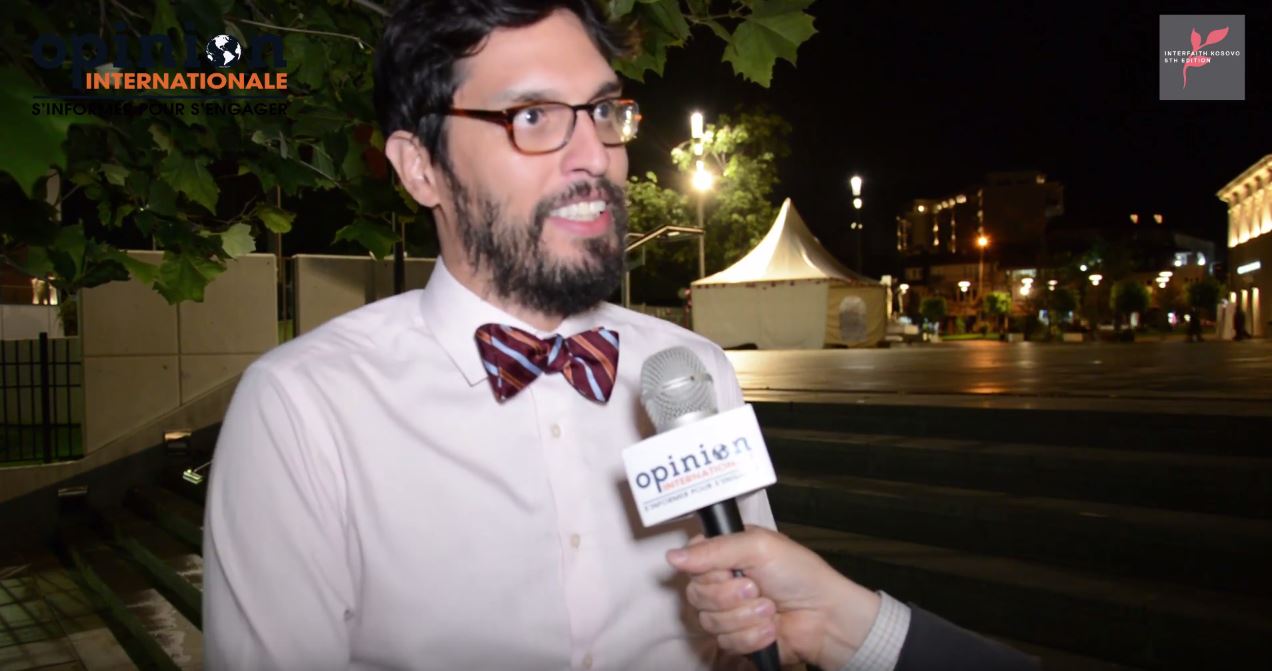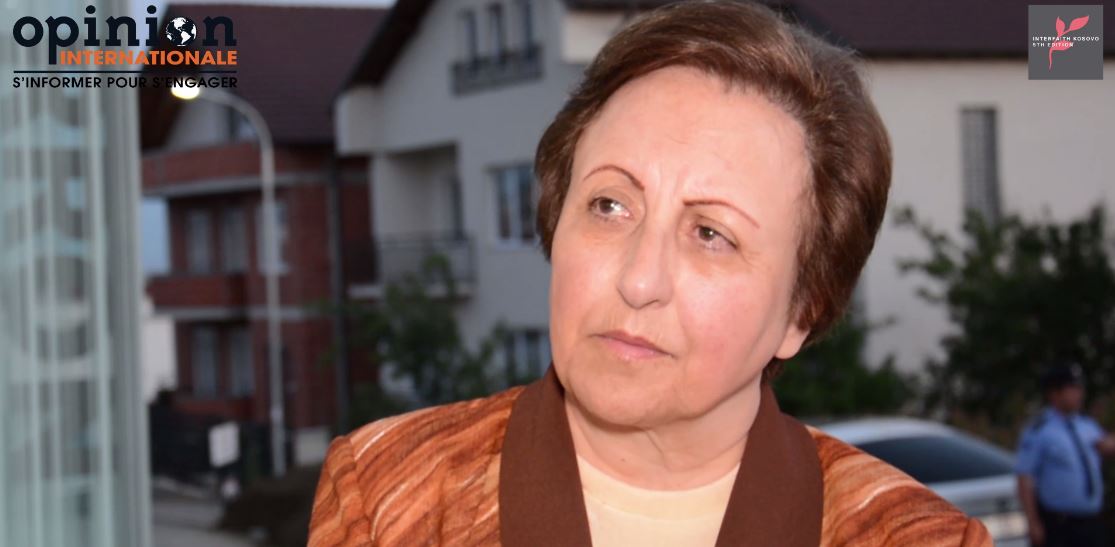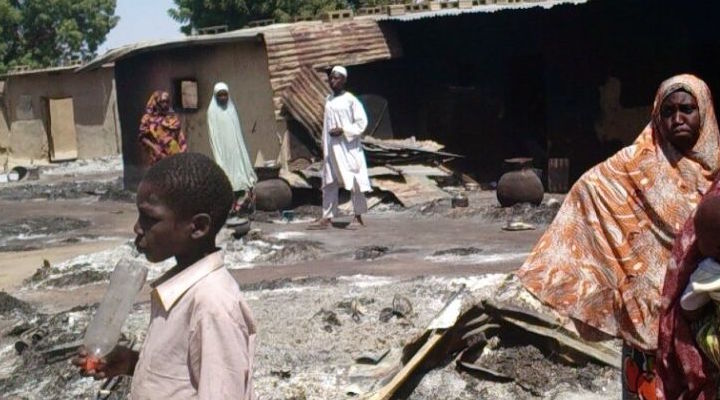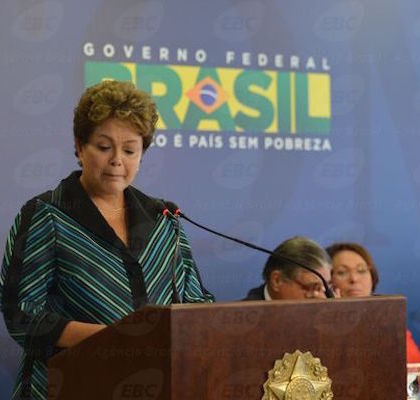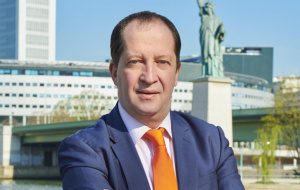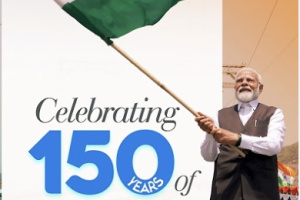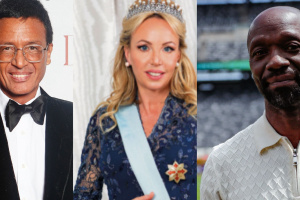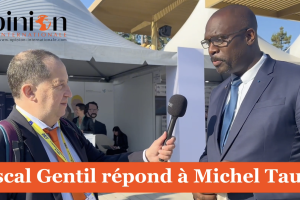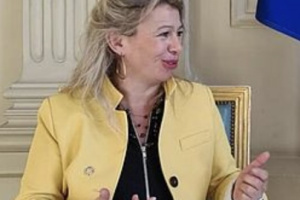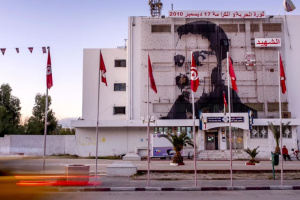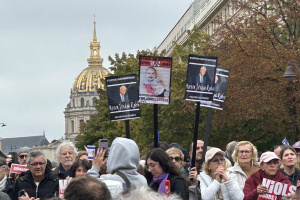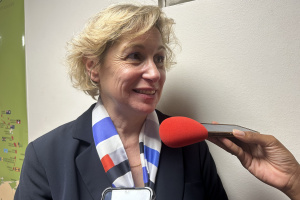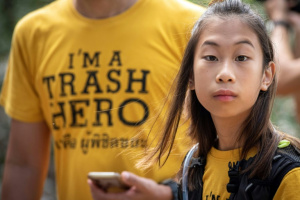The Second Africa Youth Games, the African Youth Forum organised by the World Bank and the national youth events across various nations on the African continent this year have majorly revolved around themes of either youth unemployment or entrepreneurship.
The African Youth Forum, which was sponsored by the World Bank Group, the International Monetary Fund Young African Society highlighted the objective of empowering and engaging Africa’s youth by providing a platform where they can actively participate in discussing, evaluating and implementing Africa’s development agenda.
However, on a brief outlook of numerous national youth organisations and international stakeholders, there seems to be affirmation rather than true belief in one aspect, which is the fact that the youth are a vital asset to any country, continent and the world in general.
Back in June 1996, while speaking at the South Africa Youth Day, Nelson Mandela, the then president of the country made mention of the need to involve more youth in joint initiatives under government in dealing with the scourge of crime and lawlessness at the time showing that youth are an easy target for such undertakings.
After 18 years, when President Museveni of Uganda was speaking as Chief Guest at the 3rd convention of the Great Lakes Students’ Union at Makerere University in Kampala, he added to the voices of precaution from his pan African counterpart Mandela pointing out ideological manipulation as a major youth problem in Africa today, something he referred to as “pseudo-ideology” to explain how many youth are misguided by dubious political figures with hidden motives.
He said that the ideas the youth have in the area of leadership can be easily reversed by dubious individuals hence cautioning the youth to be more vigilant and focused.
It is due to this trend that many youth follow political parties whose origin and objectives are not clear to them.
To sum it all up, it’s time that nations across the world, especially in Africa realise the key underlying challenges to youth development that are far larger than they are thought to be.
In Uganda, if the widely proclaimed mindset change is anything to go by in this regard then a vital question is “Which mindset do the youth in Uganda have that needs change?” against two other crucial questions “Can millions of youth from different cultural, financial, educational and religious backgrounds have predominantly the same mindset?” and “Who can determine that common mindset on a relatively accurate scale?”
According to the 2008 revised edition of the Food and Agriculture Organisation of the United Nations World Population Prospects, the East African population is made up of 13.5 t0 21% of rural youth aged 15 to 24 years.
Though adaptation to the changing times is vital for the rural youth, it will be increasingly difficult if their more educated counterparts get drained continuously by various organisations seeking proposals without sufficient room to accommodate all ideas forwarded for support and therefore frustrating creative young minds.
These youth in this bracket are deprived of the creativity they would have used in the future to create more opportunities for their fellow youth who do not have as much educational exposure.
Urbanisation along with the costs of its rapid implementation, like in any growing city in a developing country, has started to bite. Majority inhabitants of the close-to-the-city areas where major infrastructural adjustments are being accompanied with massive displacement are youth with small and medium size enterprises in the city with close to nothing to fall back on in the villages.
For example, the Youth Livelihood Programme under which the government, through the Ministry of Labour, Gender and Social Development is offering financial support to organised youth groups with business proposals across the country will not go far in aiding the rural youth who do not have sufficient education to write competitive proposals.
This programme, among others, was launched in 2013, received a starter allocation of Ushs 160 billion to benefit youth in the age bracket of 18 to 30 years to start businesses in their various areas of expertise.
Without regarding the parliamentary representation which many youth do not know about, the ratio of youth to adults in work places including the very ones analysing youth status would worry anyone who tried to determine it across various institutions and organisations.
The youth need to be involved in their own affairs more extensively and the more educated availed with more avenues to assist and be assisted by their less privileged counterparts in as far as education is concerned.
For a regional developing giant such as Uganda, it is about time we talked less about the youth and talked to the youth, for the better of the nation and the continent at large, to achieve sustainable development.





